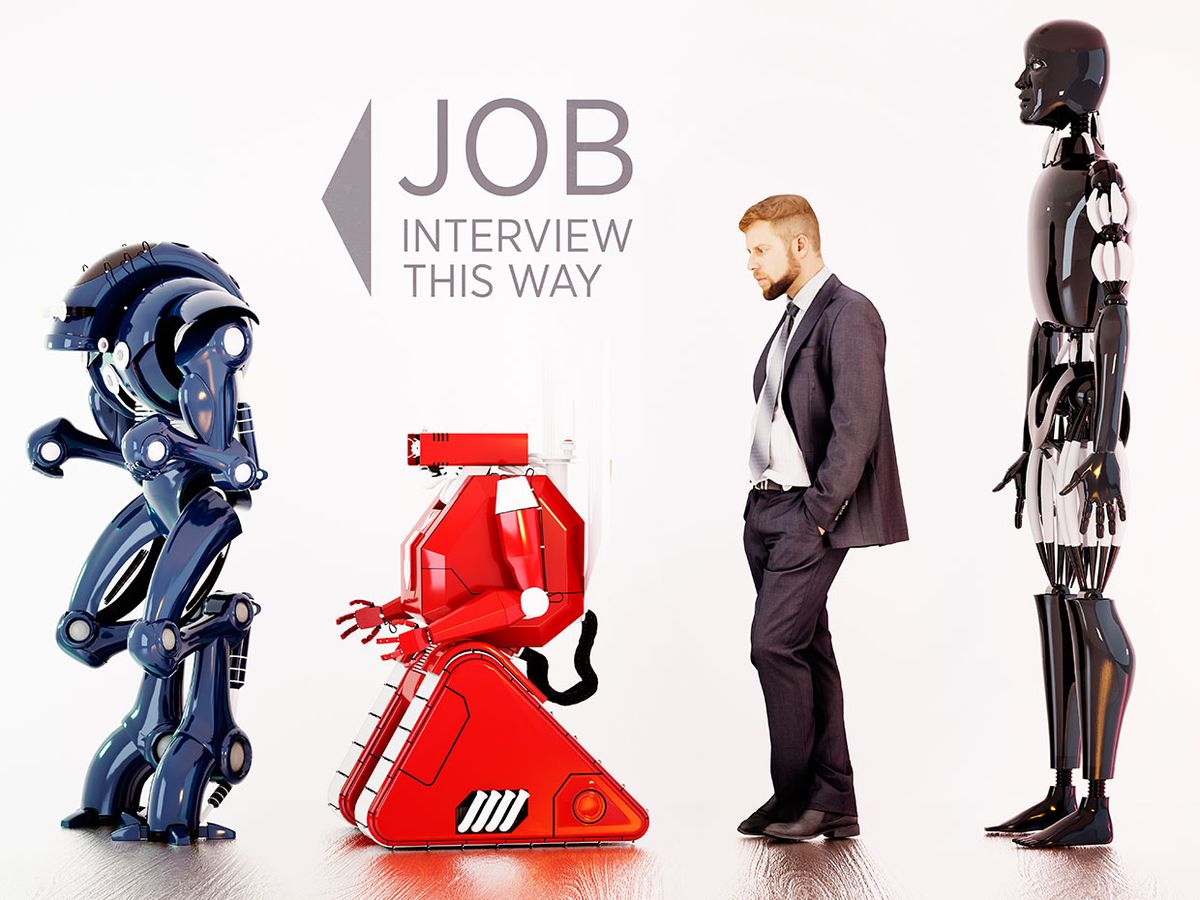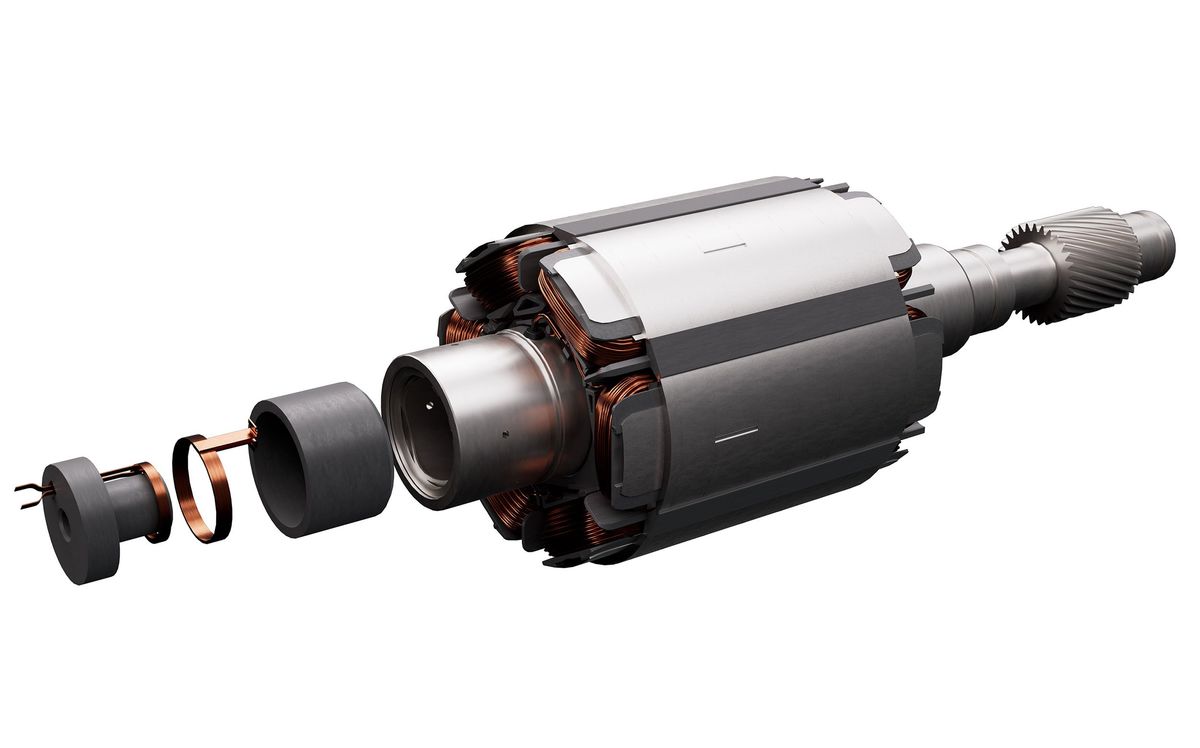THE INSTITUTEAutomation is increasingly proliferating in every aspect of our lives, whether it’s robots building the cars we drive or artificial intelligence systems driving the vehicles for us. With the rise of autonomous systems, the big concern for many people is how their jobs will be impacted.
A recently published report from the McKinsey Global Institute think tank attempts to tackle that question. Although robots already can replace workers who do physical labor, such as miners and factory workers—as well as those who collect and process data, like bank tellers and travel agents—the report concludes that less than 5 percent of occupations are likely to be completely wiped out by automation. But that doesn’t necessarily mean job security for workers in such industries, according to several reports.
WHO IS IMPACTED THE MOST?
The effect of automation on jobs really depends on the occupation. A report by the International Institute for Sustainable Development suggests automation could replace more than half of mining jobs in the next decade. The mining industry is already using automated loaders and tunnel-boring systems, and is testing fully autonomous long-distance trains to carry materials from the mine to a port, eliminating the need for workers to do these tasks.
Truck, taxi, and delivery drivers also need to worry. “Artificial Intelligence, Automation, and the Economy,” published in December by the Executive Office of the U.S. President, states that automated vehicle technology could threaten or alter 2.2 to 3.1 million of these jobs in the United States. That means 80 percent to 100 percent of these positions will be eliminated, affecting some 1.7 million truck drivers alone. On-demand car services, like Uber, likely will rely entirely on self-driving cars in the future, the report adds.
And those looking for jobs at a factory need to have computer skills now. Yet fewer than 15 percent of the 10,000 applicants who attended a job fair at Siemens Energy, in Charlotte, N.C., were qualified for positions at the company, with ninth-grade level reading, writing, and math skills, according to The New York Times. The article goes on to say John Deere also has trouble filling its factory positions, because building and fixing tractors and grain harvesters now requires advanced math and comprehension skills.
Those working physical labor jobs are not the only ones who should be concerned. Software capable of analyzing large volumes of legal documents is expected to drastically reduce the number of paralegals, according to a Law.com article. And as such software programs advance, people with other occupations, like accountants, could become easily replaced.
MORE JOBS FOR PEOPLE IN TECH
On the flip side, people with tech skills will be needed in every industry to set up and operate the automation systems. However, they’ll be hired at a smaller number than the people the machines will ultimately replace, according to Computer World.
The tech industry already employs 6.7 million people in the United States and is growing at a rate of 3 percent every year, according to CompTIA, a nonprofit IT trade association. This makes it one of the biggest industries in the country—comparable to construction, finance, and insurance.
And a column on LinkedIn suggests the jobs of the future will require an IQ of 130 or above—which would include people qualified for positions like data scientist, AI programmer, and mathematician. That covers only a small percentage of the population. The author even suggests we may have to become cyborgs to compete for jobs.
WILL WE EXPERIENCE MASS UNEMPLOYMENT?
Not necessarily. Will every coal miner become a coder? Not likely. But those without some level of technical knowledge likely will be left behind. Even medical professionals and lawyers will have to learn how to use the latest tools to stay up to date in their industry and provide the best services possible.
But there is another path. According to an article in The Economist, jobs that require empathy, communication skills, and close personal interaction are here to stay for now. The author adds that automation raises the value of jobs that do require human connection. These people include nurses, teachers, hairdressers, and personal trainers. And due to customers’ frustrations with talking to machines, humans are taking back jobs from automated customer service systems.
The article says the idea that there is only a finite amount of work to do, and automation is taking that away from us, is false. In fact, automation has helped many companies increase their profits and demand for their products and services—which has led to their hiring more employees and opening more offices and stores. Moreover, the article says, AI will not cause mass unemployment as many people fear, but will require many workers to learn new skills and quickly.
HOW TO TURN THE SHIP?
To ensure automation helps and not harms people’s prospects, leaders in each industry along with policymakers and academic institutions need to invest in education for the jobs of the future. This includes on-the-job training and continuing education courses for those transitioning in their careers.
John Deere, for example, donates farm equipment to community colleges to help train technicians, and many of those schools’ graduates end up working for the company. Siemens created an apprenticeship program for seniors at local high schools near the company’s Charlotte plant. The students receive four years of on-the-job training and an associate’s degree in mechatronics from a nearby community college. They then finish with no student loans and a job that pays more than US $50,000 a year. In Europe, it is not uncommon to find tech executives who got their start through apprenticeships instead of a traditional four-year university education, according to the New York Times article.
The somewhat good news is mass elimination of jobs to automation isn’t going to happen overnight. The McKinsey report suggests that half of today’s work activities might not be automated until 2055—give or take a couple of decades, as predictions go. Regardless, now is the time to start thinking about how best to adapt to a changing world.
Prachi Patel is a freelance journalist based in Pittsburgh. She writes about energy, biotechnology, materials science, nanotechnology, and computing.



